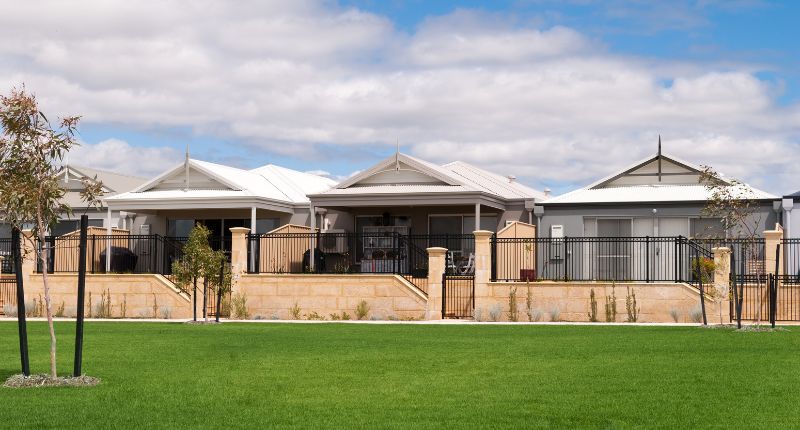- Study reveals low rates drove competition and house prices up
- Almost 90% of first home buyers were locked out of the market due to borrowing constraints
- Low rates accounted for almost one third of house price increases
New research has found that extended periods of low interest rates have been the death knell for first home buyers.
The report, Financing first home ownership: modelling policy impacts at market and individual levels, was undertaken for the Australian Housing and Urban Research Institute (AHURI) by researchers from Curtin University, University of Sydney, and RMIT University.
Cheaper mortgages but house prices doubled
Researchers found that mortgages fell by almost five percentage points across a 25 year period between 1994 and 2017. During the same span of time, house prices grew by more than double.
The residential price growth causes were attributed to factors such as housing availability, wages, and population growth, which accounted for two thirds of the rise. Almost one third of house price growth was due to lower interest rates, according to the research.
“Falling interest rates may seem appealing to first home buyers, but in real terms, it only increases competition and pushes prices higher, sometimes out of reach for those trying to get into the market for the first time.”
Rachel Ong ViforJ, lead author for the research and John Curtin Distinguished Professor from Curtin University’s School of Accounting, Economics, and Finance
Barriers to owning the first home
Savings were one of the barriers for first home buyers, with the study finding 84% had insufficient savings for a home deposit.
Meeting mortgage repayment requirements was another barrier for many at 71%.
An overwhelming majority were unable to buy their first home, the study found nearly nine in ten were locked out due to borrowing constraints.
“The research also notes that the housing market could see the return of young or lower income households again if a persistent rise in interest rates leads to a decline in house prices.”
AHURI
Unfortunately, while interest rates have been on a sharp rise over the past few months, and at least one or two more are still widely expected, the housing market seems to have turned a corner.
Data from across the industry is pointing towards house price growth, and while not consistent across the country, the national figures have seen there are several indicators which point towards a wider market shift towards growing prices.
Shared equity or mortgage guarantee?
Given the challenges first home buyers face in the current market, the study also modelled two first home buyer assistance programs to support home buyers on lower incomes: a mortgage guarantee scheme according to the design of the Home Guarantee scheme and a shared equity scheme modelled after the Help to Buy program.
The research found a mortgage guarantee scheme could assist 22% of qualifying first home buyers, while a shared equity scheme would assist 41% of eligible home buyers, a quarter of which would be in the bottom 20% of Australia’s socio-economic status areas.
“Our research indicates that while both schemes will help some households into first home ownership, the Help to Buy shared equity scheme is likely to be more accessible to people on lower incomes than the Home Guarantee scheme,” said Professor Ong ViforJ.
“It’s important to understand that while these schemes would support people living in lower socio-economic status areas, they would likely also boost demand for housing in these entry-level markets.
“It’s imperative the introduction of any such schemes is matched by an increase in the supply of local housing in order to avoid fuelling further house price rises.”








